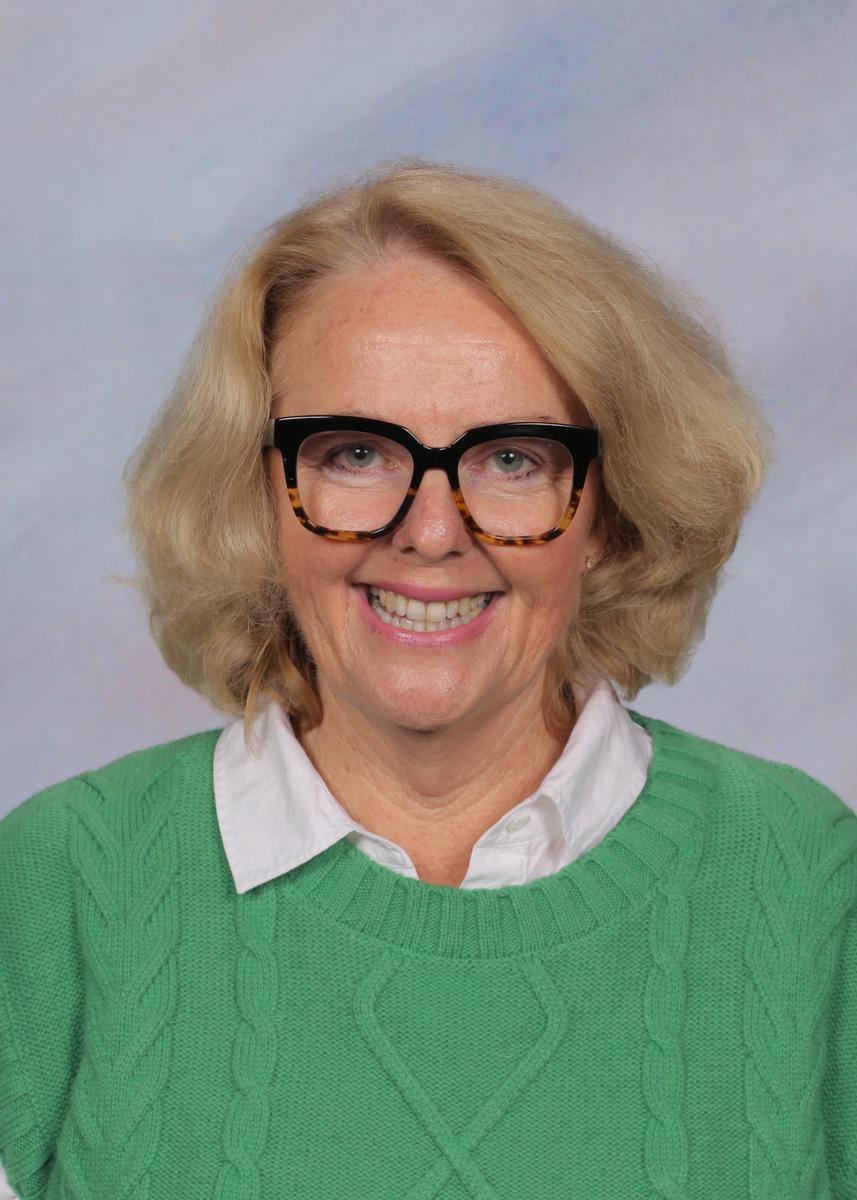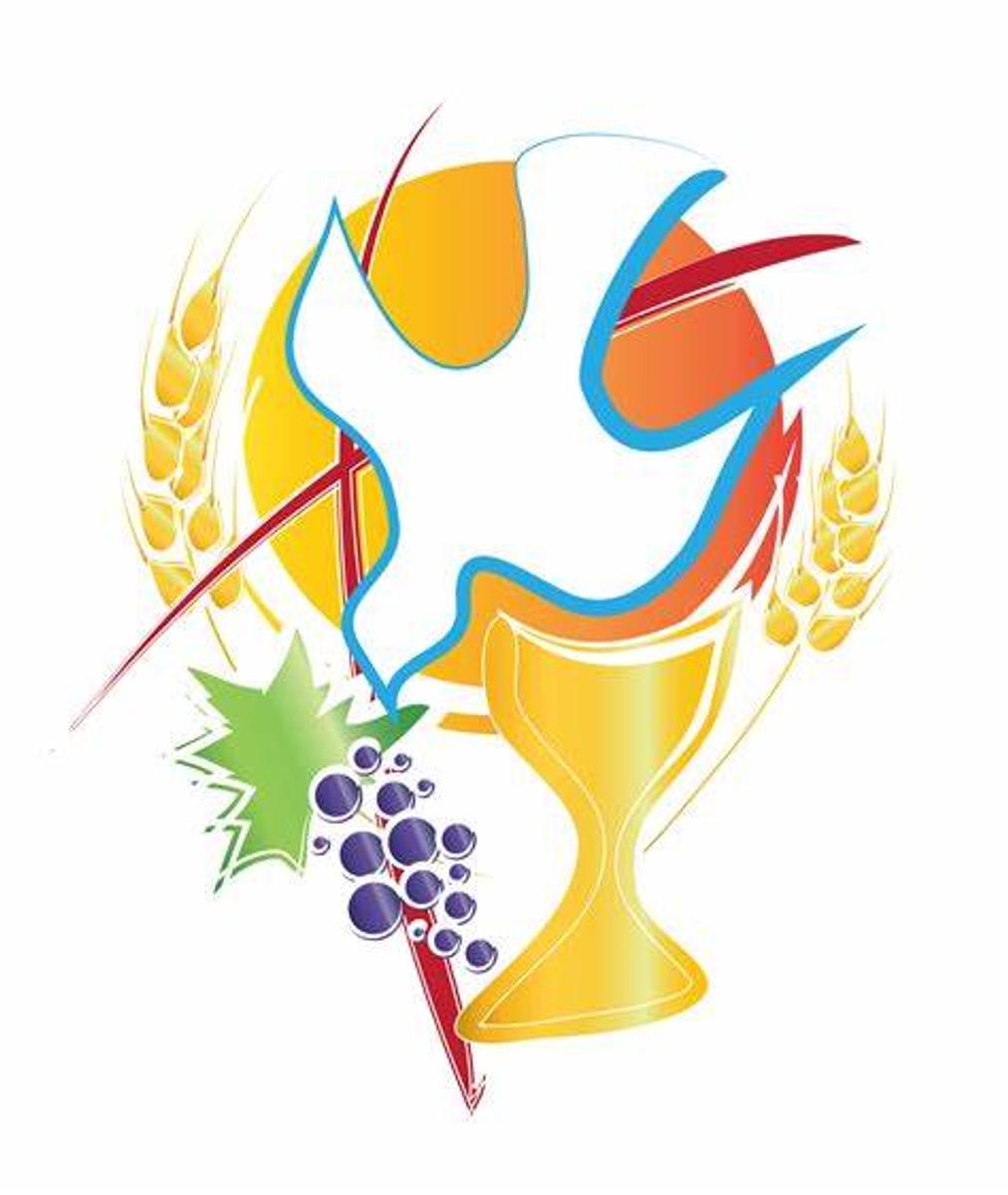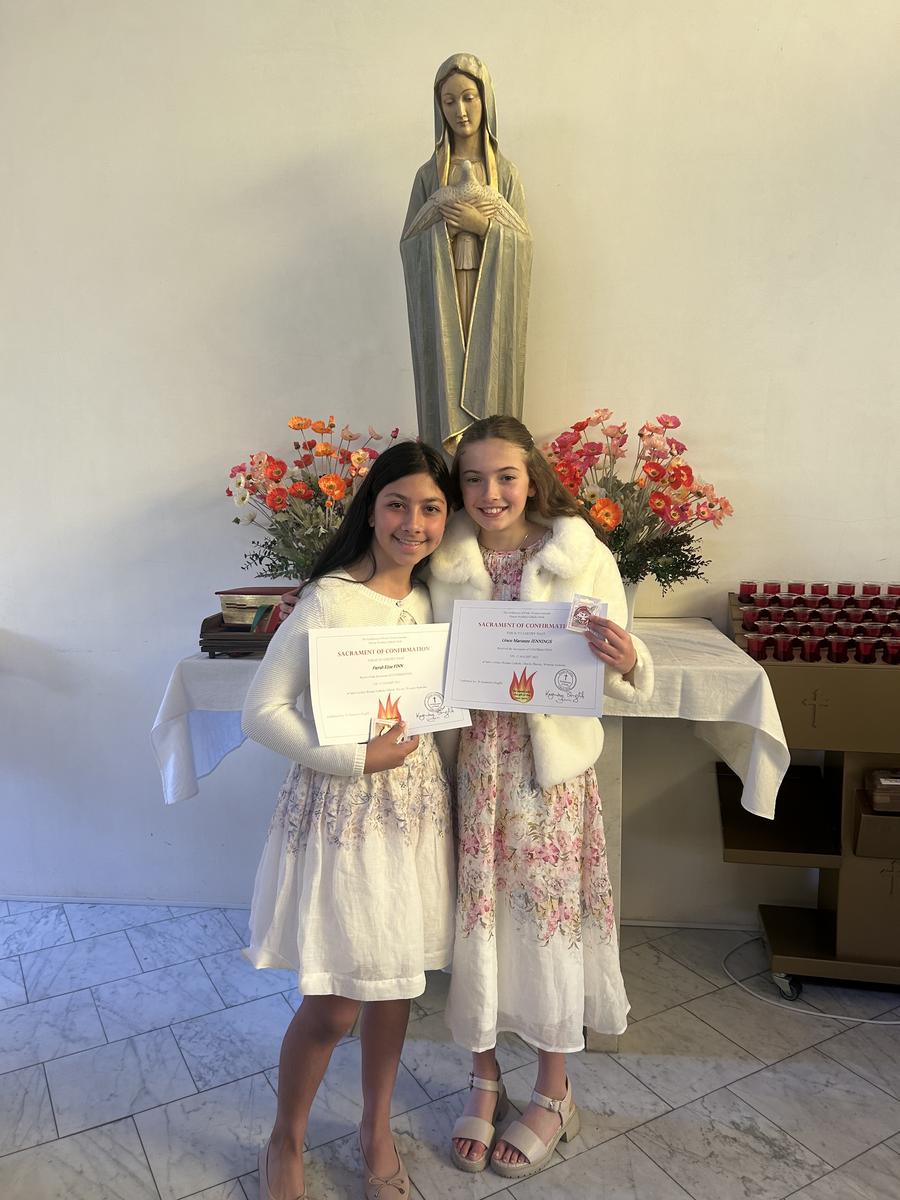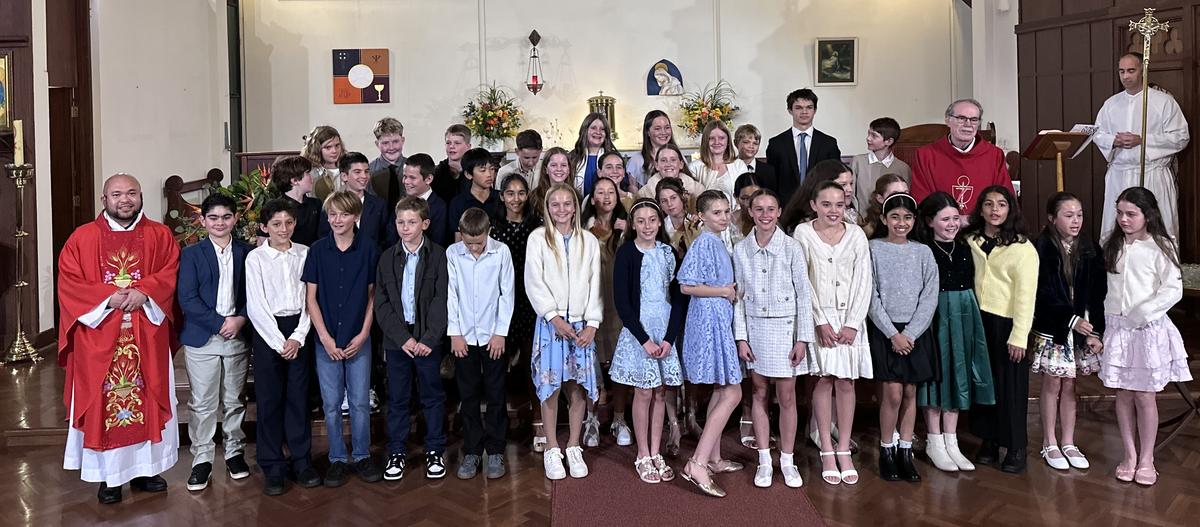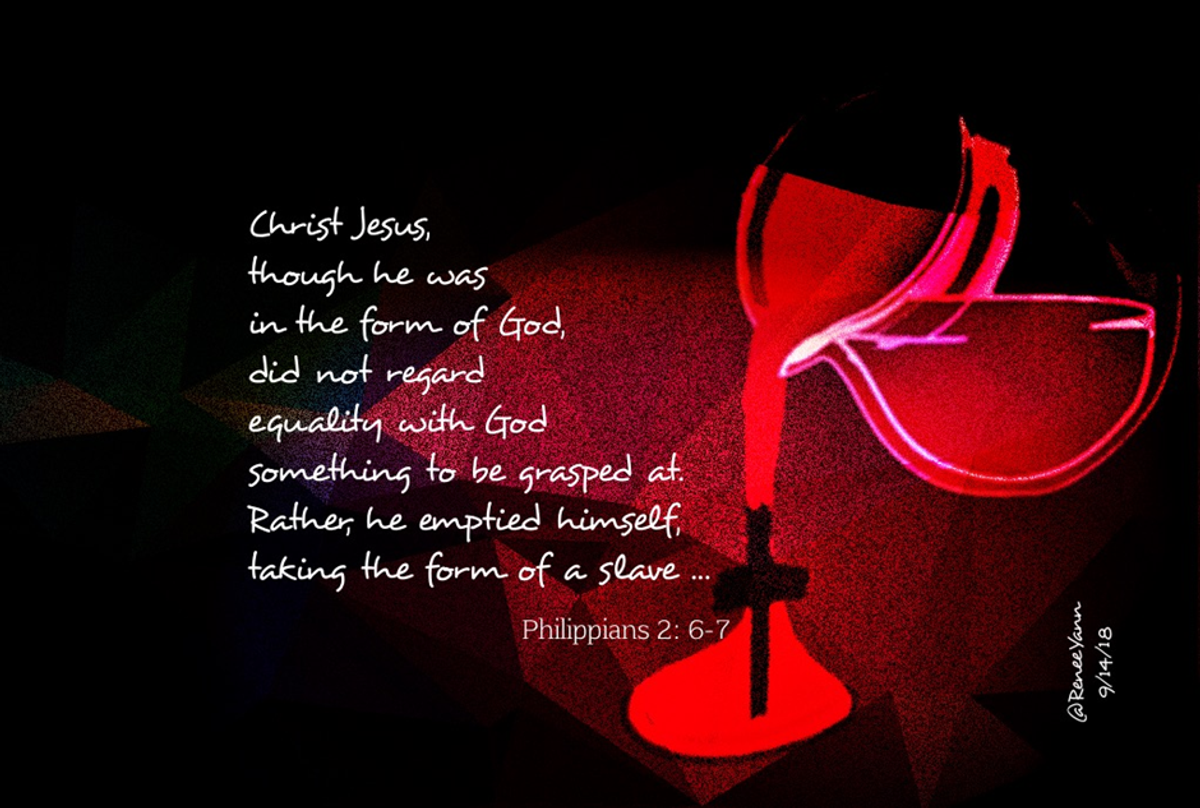Faith and Mission

Each September, our school community marks RUOK? Day, a day that reminds us how important it is to connect and look after each other’s wellbeing. Asking 'Are you okay?' is simple, but it can make a big difference in someone’s life. This caring approach is at the heart of both Ignatian Spirituality and the value of Cura Personalis, which means caring for the whole person.
RUOK? Day encourages us to reach out regularly, not just when we notice someone is struggling. We’re invited to show genuine interest and kindness to classmates, friends, and staff, creating a school where everyone feels seen and valued.
Ignatian Spirituality gives us a way to do this by reminding us that every person has unique worth and deserves attention and respect. One practice from this tradition, called the Examen, is a simple daily reflection. The Examen invites us to pause, reflect on our day, notice how we are feeling, and become aware of moments of gratitude or struggle. It helps us check in with ourselves, better understand how we are coping, and become more mindful of those around us who might need support.
Cura Personalis means looking out for people in all aspects of their lives—emotionally, physically, spiritually, and mentally. It’s about taking time to listen, offering encouragement, and not being afraid to ask gentle questions. When we start conversations kindly and listen without judgment, we help create a safe and welcoming community.
Living out these values can be as simple as putting aside distractions and being truly present for someone or offering to accompany a friend who needs extra support. If someone tells you they’re not okay, you don’t have to have all the answers; sometimes, helping them find support is enough.
RUOK? Day isn’t just a special date; it’s a call to build a culture of care every day. By practising reflection with tools like the Examen and making real connections, we can help each other grow and feel supported.
Janeen Murphy
Deputy Principal Faith and Mission
Community Mass
Thank you to students in the Sustainability Club for preparing this morning’s Community Mass, where we anticipated Sunday’s feast of the ‘Exaltation of the Cross’.
Year 12 students will gather in the Chapel for their final Community Mass next Friday, 19 September. All are welcome to the Eucharist in this Noongar Season of Djilba – the first spring – as the mornings get brighter and warmer.
If you have any questions about Community Mass, please contact Mary-Anne Lumley.
Community Mass details
- College Chapel
- Fridays in term time
- Starts at 8:00am concludes at 8:30am.
Sacraments
Congratulations to these Year 6 students who have recently been confirmed in the parishes of St Thomas Apostle, Claremont and St Cecilia, Floreat. They have completed the sacraments of initiation, and we congratulate them as they step out on the next part of their faith journey.
Thea Barboutis
Rachel Bradock
Luke Bradley
Alma Campilan
Elizabeth Cawley
David Chan
Tim Cooney
Joshua D'Alessandro
Charlotte Douglas
Giselle D'Souza
Addison Dziubak
Luella Fennessy
Farrah Finn
Joel Fullerton
Blake Gauci
Zach Grainger
Zoe Groom
Daisy Hewer
Grace Jennings
Leo Keane
Ryan Kelly
Annabelle Knox
Callum Marchant
Max McGhie
Annabelle McGregor
Grace Michalka
Claudia Milligan
Cecilla Natale
Amelia Perera
Georgia Perera
Emily Sibenaler
Hayley Tonkin
Axl White
Parents often have questions about the Sacrament program, so don’t be afraid to ask.
The parish priest or sacrament coordinator is the best point of contact for sacraments in a specific parish. For any general enquiries about the sacrament program, contact Mary-Anne Lumley or via phone on 08 9383 0513
Good News for the Feast of the Exultation of the Cross
Ours is a peculiar religion, a very peculiar religion indeed. What other religion would have as its central symbol two rough-hewn planks of wood fashioned into an instrument of torture on which our Founder, Jesus of Nazareth, was cruelly done to death?
And yet, today, we speak of ‘The Exaltation of the Cross’. Where is the triumph? Where is the cause for celebration? The triumph and cause for celebration lie in the fact that the vertical plank of wood, grounded in the hill of Calvary, unites earth to heaven. The triumph and cause for celebration lie in the fact that the horizontal plank of wood stretched out the arms of the One who was able to embrace the whole of humanity.
But, why the Cross? Why the cruellest of deaths to enable the earth that we inhabit and the realm of God’s merciful love to be united? Why the Cross, why the cruellest of deaths to enable those of every race, every tribe, every nationality, every tongue to find their common humanity in the embrace of Jesus Christ?
Let us rid ourselves of one terrible answer: that our heavenly Father willed that Jesus Christ should suffer that tortured death. To the absolute contrary, God never wills suffering or the wrenching pain of death for any creature, any human being, let alone the divine presence embodied in Jesus Christ.
What his Heavenly Father willed was that Jesus Christ should remain steadfast in the face of adversity, should remain true to his mission. His mission was to teach and embody the mercy, the forgiveness, the all-inclusive love of God for every human being. For our Lord Jesus Christ, this meant that:
he invited prostitutes and collaborators to share meals with him;
he healed the sick, even on the Sabbath;
he challenged the ideology of violence which underpinned the rule of the occupying power;
he enabled hungry crowds to be fed outside the rules of the market economy.
To live whole-heartedly in that way was to invite confrontation with the religious and secular authorities of his day. And they knew of only one way to deal with this revolutionary who threatened the rules of the society which they administered to their advantage.
The Roman occupying army knew exactly how to deal with rebels: crucifixion.
This is what St Paul is speaking of in the second reading. Writing in the mid 50s C.E., St Paul incorporates the first Christian poem which runs:
His state was divine,
yet he did not cling
to his equality with God,
but emptied himself
to assume the condition of a slave,
and became as men are;
and being as all men are,
he was humbler yet,
even to accepting death,
death on a cross.
St Paul presents a picture of our Lord accepting death on a Cross as a result of a profound humility. In English, we can see the connection with the word ‘humus’: nourishing earth. When God freely decides to be earthed, to be grounded in human history, the Cross is the way things will end up. Our Lord Jesus Christ accepted that consequence rather than betray his mission to love us with unbounded compassion.
Death appeared to have won the battle to ensure a death dominated world. But three days later, our Lord appeared in victory. Death was done to death.
As we know from the incident with Saint Thomas, Jesus Christ bore the marks of the wounds of the Cross on his resurrection body. There is the cause for celebration. The Cross is indelibly marked on the victorious body of Jesus Christ: the body of Christ which itself unites heaven and earth; the body of Christ which itself can incorporate the whole of humanity.
That is victory, that is triumph. A victory and a triumph in which we are all called to share.
© Fr Michael Tate
Homily by Rev Professor Michael Tate, a parish priest in the Diocese of Hobart and Honorary Professor of Law at the University of Tasmania where he lectures in International Humanitarian Law. Previously, Michael Tate has served as Senator for Tasmania, Federal Minister for Justice and Ambassador to The Hague and the Holy See.


